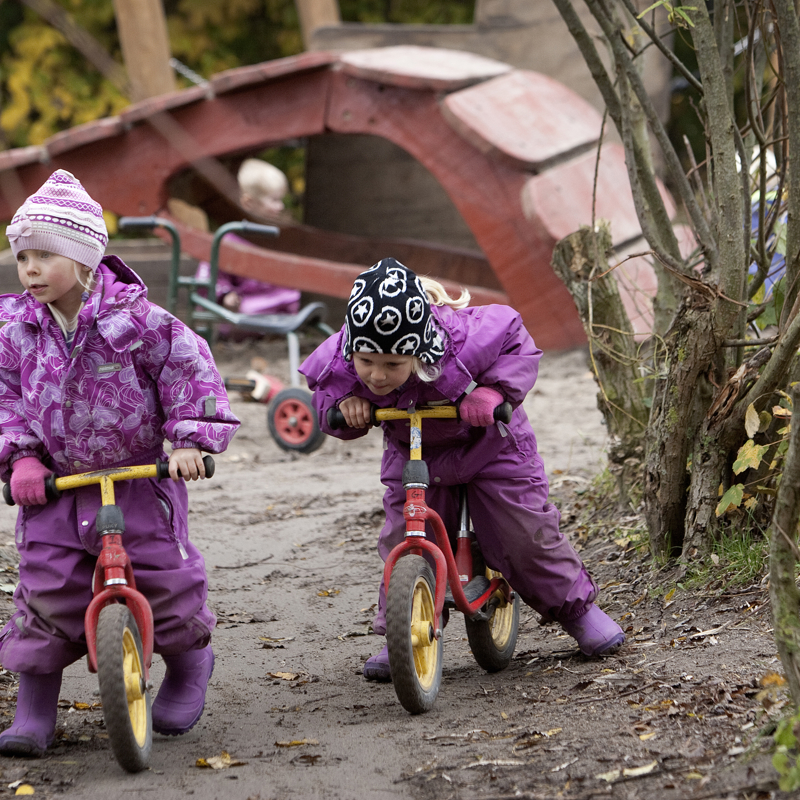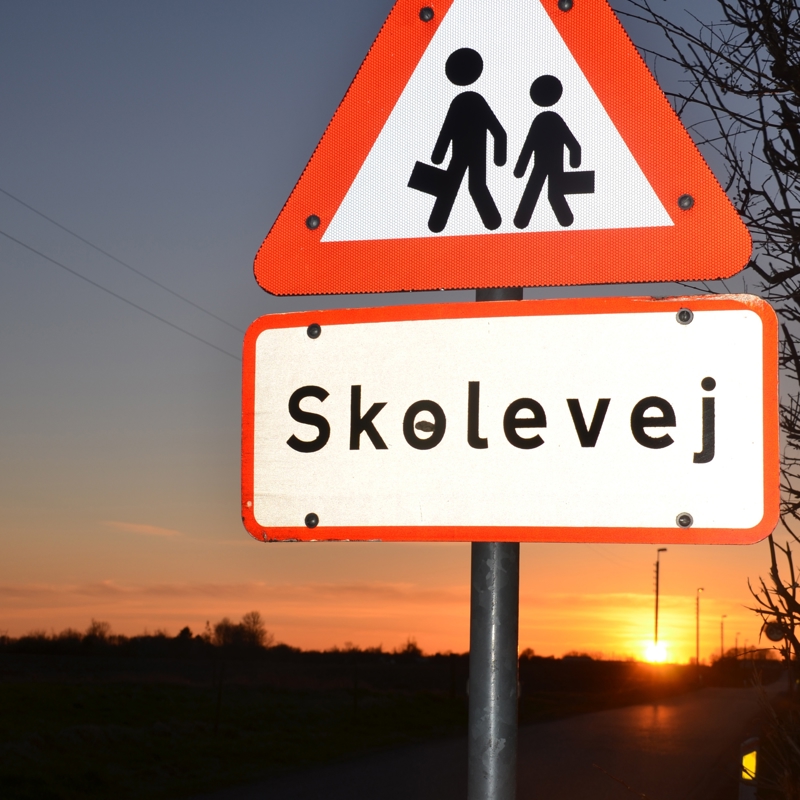Language school, institutions and school system
Read about language school, institutions and school system.
Language school
All adult foreigners who move to Denmark are offered the opportunity to learn Danish.
Tuition is free because being able to speak and write Danish is an important requirement if you want to be a part of the Danish society. However, you have to leave a deposit of 2,000 DKK, which will be returned according to the rules. The training consists of 5 to 6 modules.
Being able to understand and speak the language is a great advantage, both for work and for leisure.
Learning and trying to speak Danish shows that you are interested in Danes and Danish culture, and this helps you become a part of the social community at work and in your free time. You will also get to know your neighbours and others you meet in associations more quickly.
If you are bringing children to Denmark, it is also important to be able to speak the language so that you can keep up with their development. Children learn a new language very quickly when they speak it in kindergarten or at school. As a parent, it is also crucial that you are interested in schoolwork and that you support your children. Both you and your children will learn Danish more easily if you practice at home.
In Aabenraa Kommune, Sprogskolen AOF Sydjylland offers Danish classes for foreigners.
Contact information:
Sprogskolen AOF Sydjylland
Ramsherred 25, 1.
6200 Aabenraa
Telephone number: (+45) 7020 2377
E-Mail: administration@aofsydjylland.dk
https://sprogcenter.aofsydjylland.dk/kurser/danskuddannelse/
In addition, there are numerous websites and apps where you can also learn Danish.

Daycare and kindergarten
When a child is between 0-2 years old, they usually attend a crèche or day-care center. When the child is 3 years old, it usually starts in kindergarten. When the child is 5 or 6 years old, it starts in elementary school (folkeskole) in the 0th grade.
In Denmark there is a daycare guarantee, which is why the citizen is always guaranteed a daycare option.

The Danish school system
The Danish school starts with the 9-year elementary school (folkeskole), which ends with the elementary school final examination. It is also possible to choose a 10th school year.
In the 9th and 10th grades, many choose to attend an independent boarding school for lower secondary students (efterskole). Independent boarding school for lower secondary students are a unique Danish form of school where the students are taught and live. It is a school for students between the ages of 14 and 18. There are about 260 post-schools in Denmark, with a total of about 28,500 students. It is important to know that you bear the costs of attending this type of school yourself. You can find out more at www.efterskole.dk.
After that, the students usually complete an apprenticeship (carpenter, hairdresser, SOSU) or a two- (HF – Højere Forberedelseseksamen) or three-year high school education.
It is also possible at EUX to receive both a journeyman's certificate and an high school degree at the same time, since this form of training combines vocational training and high school training.
The high school degree offers access to higher education such as a 3-3.5-year bachelor's degree and a professional bachelor's degree.
After that, students can choose to work. However, when pursuing a bachelor's degree, it is typical for students to also pursue a two-year maser degree, as the job market demands this to a greater degree than a bachelor's.
After the Master's degree, students can work or pursue a PhD.

